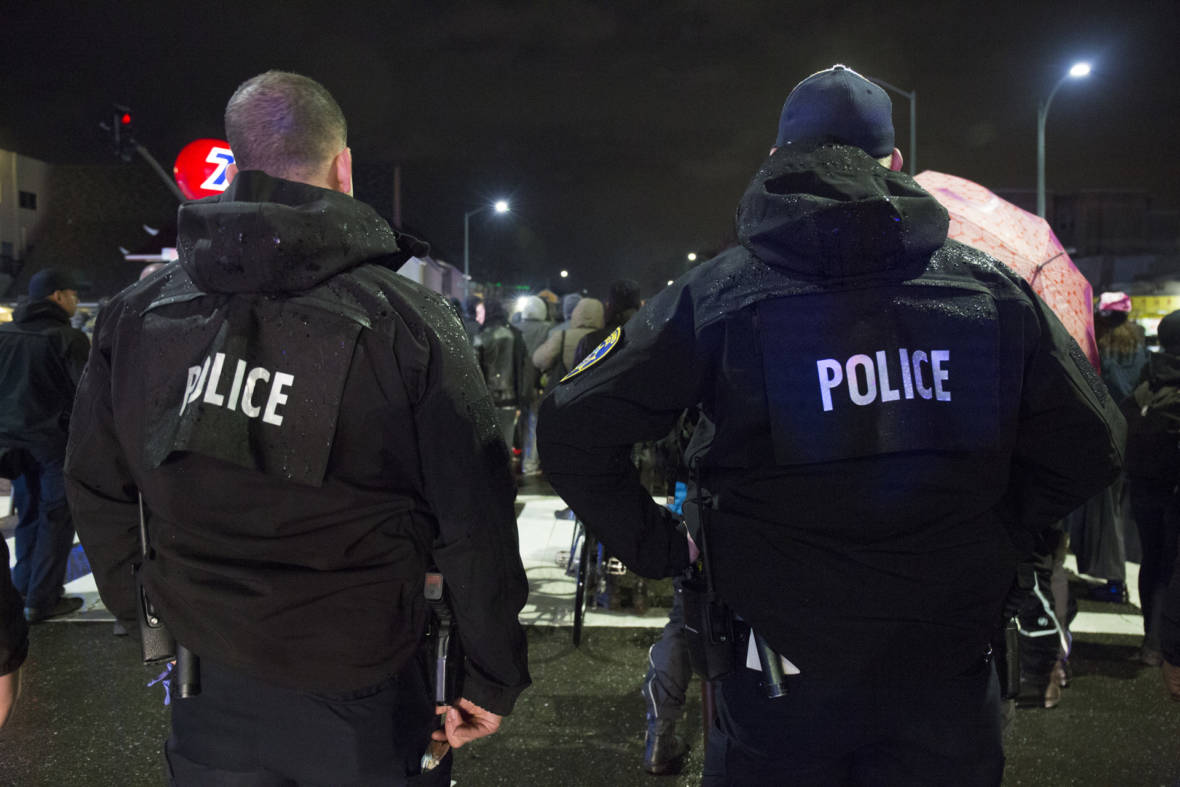Updated Monday, 11:59 p.m.
In one of the first releases of records under a new state law designed to show how police officers are disciplined for major offenses, documents show the Burlingame Police Department fired a veteran officer last year after it found he offered to help a woman charged with DUI if she had sex with him.
The former officer, David W. Granucci, 45, was later found to have made similar proposals to two other women, one who engaged in a sexual affair with him, according to the documents. He had been a Burlingame police officer since 2000, and had previously worked for the Hayward Police Department.
Reporters with KQED and the Bay Area News Group obtained the records under a new police transparency law sponsored by state Sen. Nancy Skinner, D-Berkeley. The law, which took effect Jan. 1, represents a big change for police in the Golden State, which for decades had enjoyed the most restrictive laws in the nation, making access to information about officers misconduct and discipline all but impossible. Similar bills had died in the Legislature several times over the past 20 years.
The law requires any agency that employs sworn officers to publicly release records of discipline related to official dishonesty and sexual misconduct on duty. It also requires release of all investigations into the use of force involving a firearm and any force that results in serious bodily injury, including disciplinary records stemming from such cases.
“The public is entitled to know about abuses of the extraordinary power they give to police officers, and (the new law) finally allows them to see evidence of these abuses — evidence that is essential in order for the public to hold police officers, and their departments, accountable,” said David Snyder, executive director of the San Rafael-based First Amendment Coalition, an open government group.
'Using His Police Authority'
According to the discipline records released by Burlingame police, the unidentified woman with the drunken driving charge was arrested in March 2018. The documents do not indicate whether Granucci was the arresting officer. But he obtained her phone number and address, then went to her house the following day and solicited sex while "using his police authority, by offering to assist her with her DUI case," according to a summary of an internal affairs investigation. She rejected Granucci’s advances and reported him to police.
The Police Department put Granucci on administrative leave when he showed up to work the next day, the records say. He was fired more than three months later by then Police Chief Eric Wollman, who recently retired. Granucci could not be reached for comment Monday.


